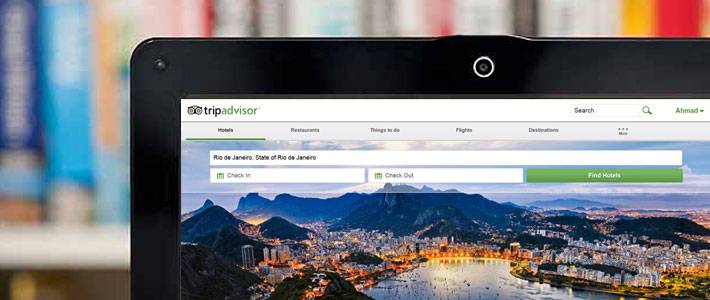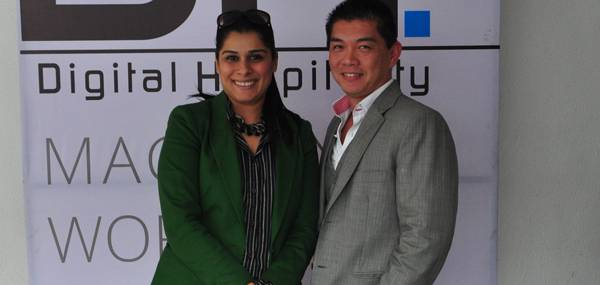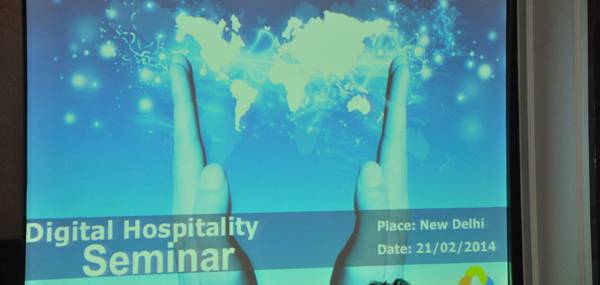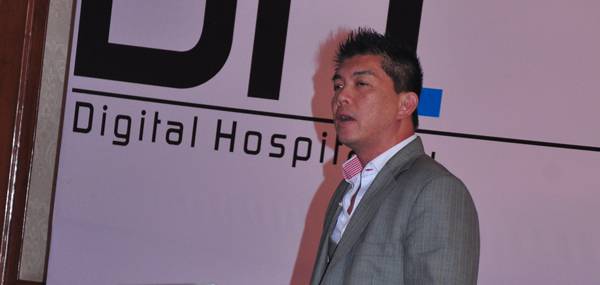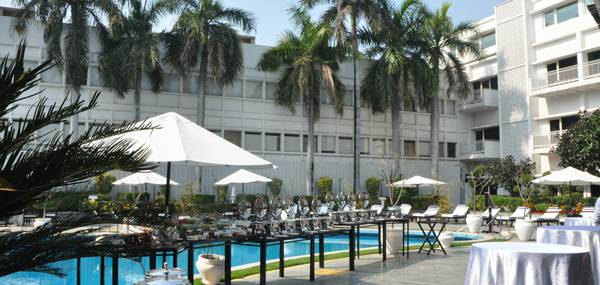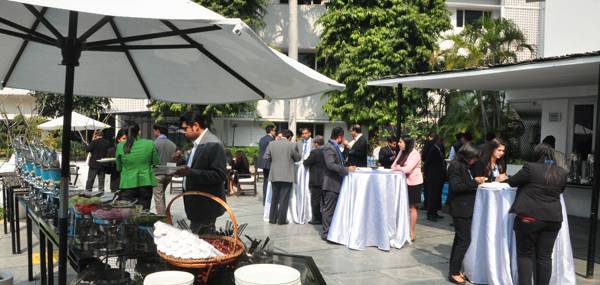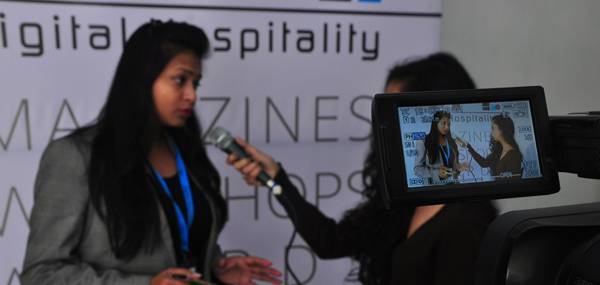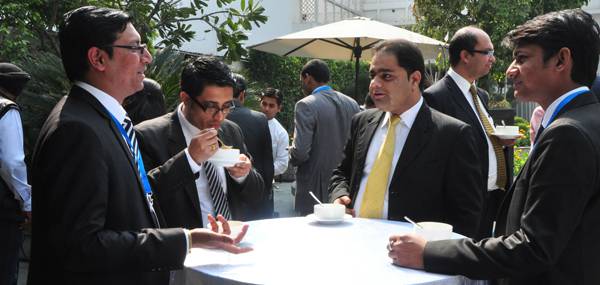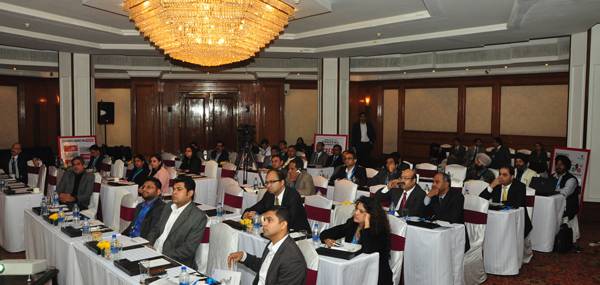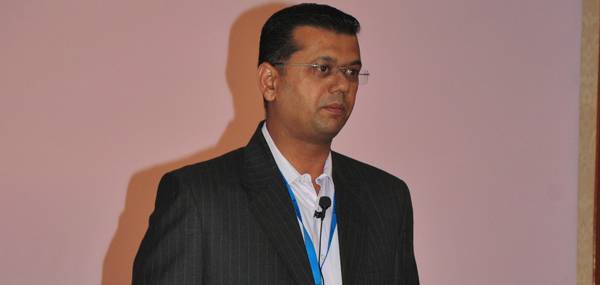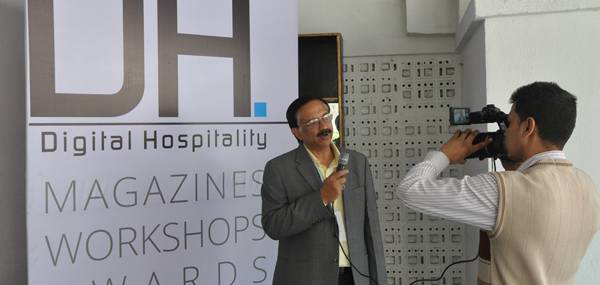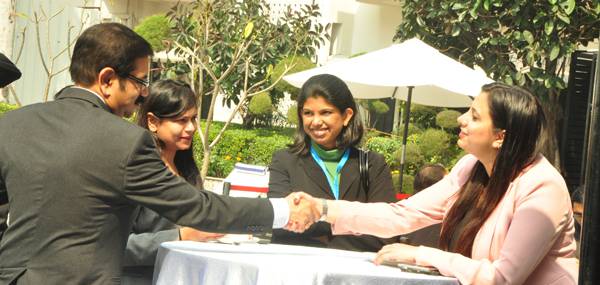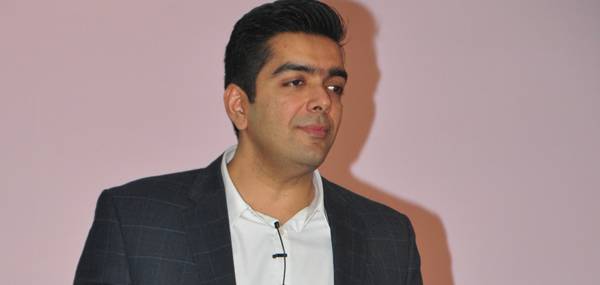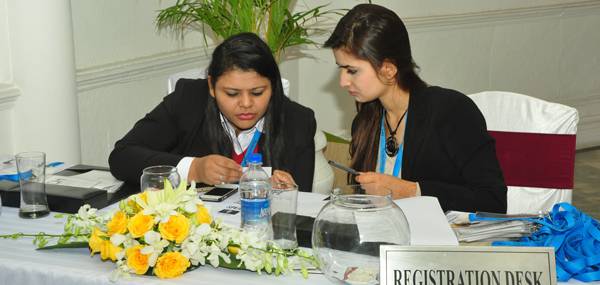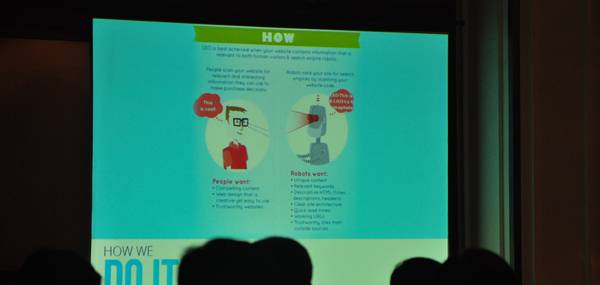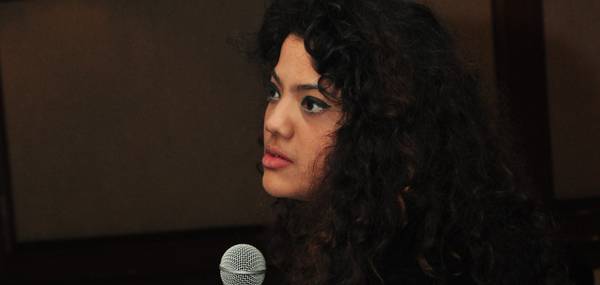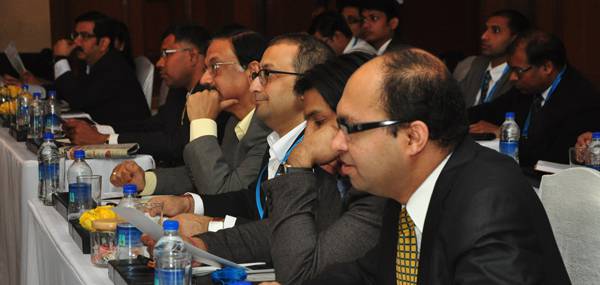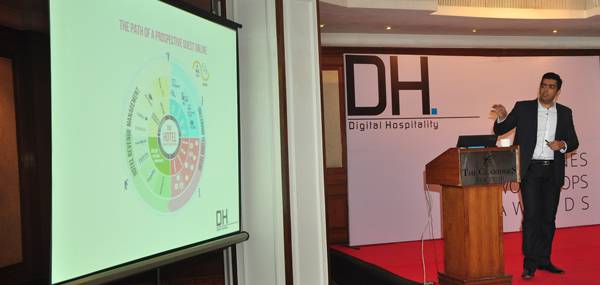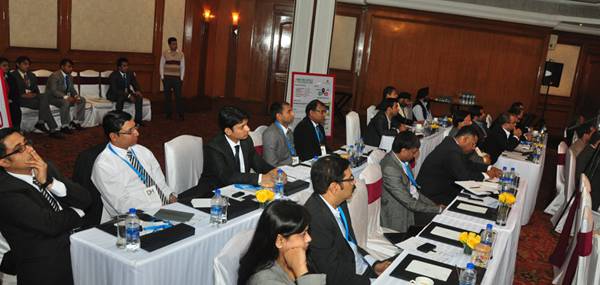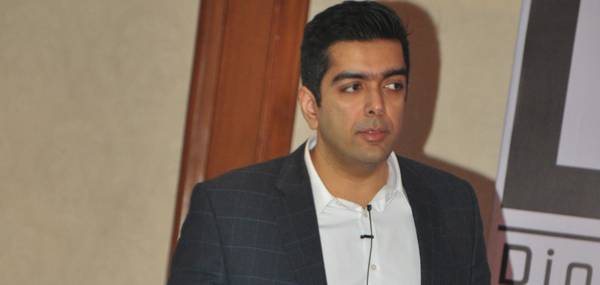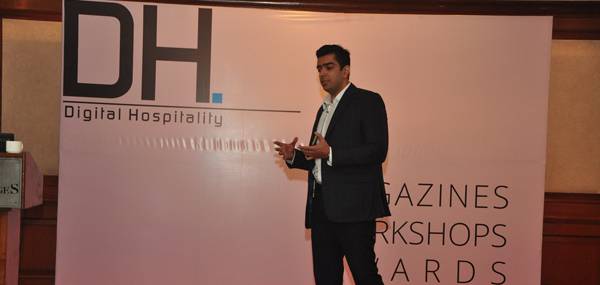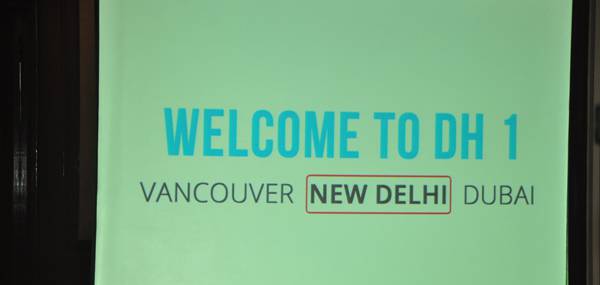Let me first take you to this incident that occurred with KFC Malaysia in 2011 – Social media was still young at that point. Two of the employees uploaded a food tampering video which created an unwanted stir. Of course, the video went viral. But the way the KFC Malaysia management handled the whole incident online is what I regard as highly commendable.
Internal investigations were conducted; the culprits were dealt with. On the digital front, they launched a Facebook tab with two videos which addressed the problem and set up a section of FAQs. KFC Malaysia’s Director of Restaurant’s Operations, En. Mohammad Alwi personally addressed the viewers in one of the videos – in English and Malay (bridging any linguistic barrier) – and apologized (humanizing the brand) and ensured the customers that preventive actions had been put in place.
What I personally felt was an expert move was that Alwi even invited viewers online to voice their opinion about the incident. KFC Malaysia’s management team was prompt in dealing with the situation and they handled it in the most expert way possible – by reaching out to the masses through social media (addressing the issue where it hurt the most).
Whatever happens online is a function of what is happening offline. The key is to listen on multiple channels because online chatter helps you identify the problem areas. And that’s exactly what KFC Malaysia was able to do.
Good reviews online can generate more than twice the conversion than an average review can and consumers online are ready to pay anywhere from 20% to 90% more for a 5-star product than for a 4-star.
Your online reputation plays a pivotal role in determining the sale cycle. But I suggest you don’t approach ORM with a mindset of increasing your ROIs. After all, a good reputation is in any case more valuable than money.
- Build a strong online infrastructure – Your ORM is only as strong as your hotel’s website which serves as the central point of your entire strategy. Whatever communication takes place, ultimately affects your hotel website. A strong website means a great Google search engine ranking. It integrates social media profiles on its homepage. A strong website leverages reviews and includes directory listings like Google Places. It also tells its story by way of images and videos that compel the online user to book your hotel for that experience.
- Assess your online reputation – Track any online conversations about your hotel. What are the primary keywords that are related to your hotel? These should include your hotel name, website address, names of the services you offer, names of the senior management professionals and close competitors.
- Use social media monitoring tools – There are paid and unpaid tools available or you to choose from. Using a paid monitoring service gives you an interface – a homepage for your feeds as well as the ability to respond and interact directly from the same interface. When choosing paid tools, I suggest you choose according to the metrics offered, the interface and the integration with different social media channels. If you’re more comfortable using free tools, ensure your brand’s presence on all major channels – Facebook, Twitter, TripAdvisor, YouTube and LinkedIn.
- Set up alerts & searches – Set up RSS feeds to notify you whenever your keywords are mentioned. An RSS reader or a homepage can help you collect information about the buzz about your brand online – who’s talking, where are they talking, why are they talking and what is being said. This makes it easier for you to read, respond and target your audience in a better way.
- Get involved – At least 35% of travellers change their choice of hotel after browsing through different social media platforms. Engage and participate online. Don’t wait for two days to respond to an online uproar hoping that it shall merely blow over. Digitalism doesn’t work that way. The result of a negative online review could mean the user clicking on your competitors’ hotel instead of yours. Just follow these simple thumb rules: Act quickly; be warm, polite and amicable in your approach and be proactive. Invite feedback, reviews, comments and interactions with the online consumer. Let your customer come to you, instead of you going to them.
- Listen to your brand – When it comes to creating an impressionable online presence, you need to tune into the frequency of your brand – what is it all about, what does it stand for. Familiarise yourself with all aspects of your hotel and its departments. This lets you market your hotel better and meet your customer’s satisfaction levels.
- Determine your arenas – Spend time to study the different platforms on social media. Then shortlist the ones where your hotel shows up most often. These are your best channels because this is where you are most influential. Focus your content marketing agenda on these. However, do not neglect other platforms. Location-based marketing and mobile marketing are two other important areas. First step: Make your website accessible on smartphones and tablets, and integrate it with Google Places and GPS so that your property shows up when people search with the necessary keywords.
- Blog – SEO algorithms continue to change with the evolving digital market trends. But search engines are always on the lookout for frequent blog posts and informative content. Invite bloggers to review and write about your hotel. Besides being a great SEO strategy, reviews written on blogs about brands are trusted by up to 90% of the online consumer.
- Get the experts in – Lastly, carrying out a successful ORM strategy requires that you have an in-depth knowledge of all social media channels and websites. Your ORM is an investment that you make and, like all other investments, it needs to be handled by a team of professionals. For best ROI, you should integrate your brand with a service provider that understands the ethics of the market and who can provide you with a progressive online reputation management service.
What happened to KFC Malaysia has happened to various other popular food chains (Dominos and Taco Bell, for instance). If you can’t keep track of what is being said and written about your brand online, then no amount of investments on any traditional advertising strategy could also help you.
Acknowledge the impactful presence of digitalism and then take control of your online image, or someone else will.




